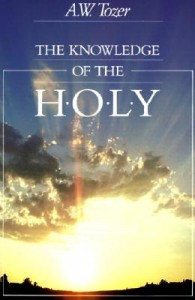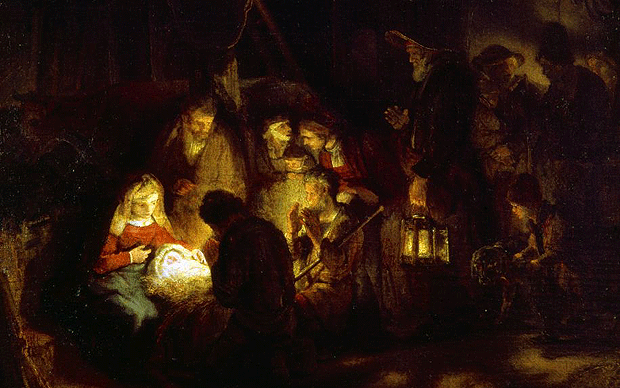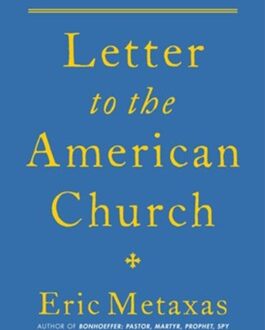The Knowledge of the Holy
I overheard my youngest daughter’s question from the other room. “No one,” my husband replied. “It’s a hard thing to understand. We’re so used to everything being made that we think God must be made, but He isn’t. No one made God; He’s always been.”
I listened with interest and realized that A.W. Tozer would have been pleased with my husband’s answer. “What comes into our minds when we think about God is the most important thing about us,” he writes at the beginning of The Knowledge of the Holy (1961). “Were we able to extract from any man a complete answer to the question, ‘What comes into your mind when you think about God?’ we might predict with certainty the spiritual future of that man.”
It’s immediately apparent, then, why Tozer would write this series of expository meditations on the attributes of God. Right thinking, clear thinking about the nature of God, seems to be in short supply. And if we are to agree with Tozer that “theological knowledge is the medium through which the Spirit flows into the human heart,” we had better turn our minds and our prayers toward the kind of intellectual astringent offered in these pages.
Each brief chapter of this book focuses on a single attribute of God and carefully defines what it is — and what it is not. Backed by Scripture, these essays provide rich food for thought. Yet it is not a purely rational book. “We might be wise to follow the insight of the enraptured heart rather than the more cautious reasonings of the theological mind,” writes Tozer at one point. I appreciated his instructive, but not reductive, approach.
There are several aspects of this little book (”little” in size only) that I particularly value. One is Tozer’s sustained insistence that God is not a jumble of competing attributes; He is One. Tozer elaborates this better than I could, so I’m not going to try. But each time he reminds us of this, it forces a mental adjustment that ultimately enlarges my picture of God.
Another strength is his prophetic insight into the ills that still plague the church. “It is my opinion that the Christian conception of God current in these middle years of the twentieth century is so decadent as to be utterly beneath the dignity of the Most High God,” he writes, “and actually to constitute for professed believers something amounting to a moral calamity.” Still true in these early years of the 21st century, isn’t it? Or how about this:
The Christ of popular Christianity has a weak smile and a halo. He has become Someone-up-There who likes people, at least some people, and these are grateful but not too impressed. If they need Him, He also needs them.
Is this an accurate summary? If so, a few minutes’ thought about the implications of such a view of Jesus explains a multitude of sins.
Finally, Tozer’s diagnosis seems to me to be right on: such dysfunction as exists in present-day Christianity is fixed not by tweaking our terminology or our image or our style of worship, but by restoring our vision of the great Object of our faith. “Before the Christian Church goes into eclipse anywhere there must first be a corrupting of her simple basic theology,” Tozer writes in his first chapter. “She simply gets a wrong answer to the question, ‘What is God like?’” The concluding chapter brings this theme full-circle:
What can plain Christians do to bring back the departed glory? Is there some secret we may learn? Is there a personal revival we can apply to the present situation, to our own situation?… The secret is an open one which the wayfaring man may read. It is simply the old and ever-new counsel: Acquaint thyself with God. To regain her lost power the Church must see heaven opened and have a transforming vision of God.



